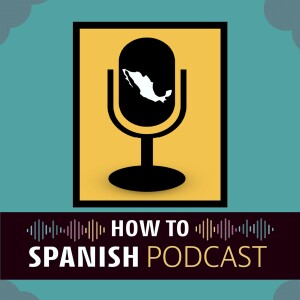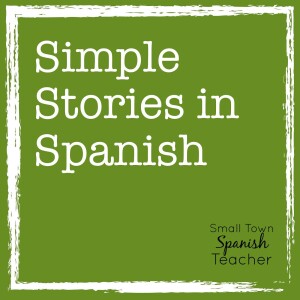

Apologising is one of the first relationship skills we're taught as children. "Say sorry to your friend for stealing his toy", "Apologise to your mother for being so rude!" Children often apologise because they are told to by adults, regardless of whether they mean it, and the recipient is often told to forgive, regardless of whether they feel it. But the skill of making a heartfelt, genuine apology must grow as we become adults if we want to nurture healthy relationships.道歉是我们小时候教授的第一个关系技能之一。 “对您的朋友偷了他的玩具,对不起”,“对您的母亲如此粗鲁道歉!” 孩子们经常道歉,因为成年人告诉他们,无论他们是什么意思,而且接受者经常被告知要原谅,无论他们是否感觉到。 但是,如果我们想培养健康的人际关系,那么随着我们成为成年人,做出衷心,真诚的道歉的技巧必须增长。
Dr. Aaron Lazare, psychiatrist and apology expert, says a good apology should have four elements. The first is to acknowledge the offence and admit that you have wronged someone. Next, there's an opportunity to explain what happened, without excusing yourself – in fact, it's sometimes best to simply say, "There's no excuse for my behaviour." The third step is to express remorse and show that you understand how the behaviour has impacted the other person. Lastly, offer to make amends. If the mistake involved physical damage, have it repaired. If it involved emotional pain, promise to be more sensitive in the future.精神科医生兼道歉专家Aaron Lazare博士说,良好的道歉应该有四个要素。 首先是要承认犯罪,并承认您委屈了某人。 接下来,有机会解释发生了什么,而没有为自己辩解 - 实际上,有时最好简单地说:“我的行为没有借口。” 第三步是表达re悔并表明您了解行为如何影响对方。 最后,提出修改。 如果错误涉及身体损害,请修复。 如果涉及情绪痛苦,则承诺将来会更加敏感。
Research shows that an apology is more effective when it is more costly to the apologiser, whether that's in terms of money, effort or time. For example, a study called 'Do sincere apologies need to be costly?' found people were more convinced by an apology if the apologiser had to inconvenience themself in order to deliver the apology. For example, if that person made a journey to say sorry, rather than just waiting for the next meetup. A 2025 study called 'Sorries seem to have the harder words', found that people use longer words when apologising than when they're not apologising. It also found that people perceived apologies with longer words as more apologetic than apologies with shorter words.研究表明,道歉对道歉者的成本更高时,无论是在金钱,努力还是时间方面都更加有效。 例如,一项名为“真诚道歉需要昂贵的研究?” 发现,如果道歉者不得不给自己带来不便以进行道歉,人们就会对人们的道歉更有说服力。 例如,如果那个人走了一个抱歉的旅程,而不仅仅是等待下一次聚会。 2025年的一项名为“摩尔利人似乎有更难单词”的研究发现,人们在道歉时使用的单词比没有道歉时使用的单词更长。 它还发现,人们对道歉的态度更长,比用更短的话道歉更为道歉。
So, be sincere and own your mistakes, remembering that forgiveness can't be forced – the other person has the freedom to forgive or not to forgive. But what's better: harbouring guilt for the rest of your life, or taking that weight off your shoulders?因此,要真诚并拥有自己的错误,记住不能强迫宽恕 - 另一个人有宽恕或不宽恕的自由。 但是,还有什么更好的是:在您的余生中感到内gui,还是从肩膀上减轻体重?
More Episodes
All Episodes>>You may also like
Create Your Podcast In Minutes
- Full-featured podcast site
- Unlimited storage and bandwidth
- Comprehensive podcast stats
- Distribute to Apple Podcasts, Spotify, and more
- Make money with your podcast












